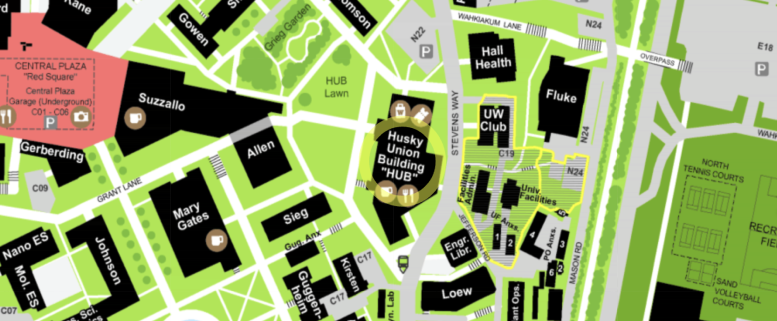Seeing is Believing
UW Biology Department / Cabernard Lab
Requested:
$223,844
Status:
Declined
Awarded:
$0
Abstract
Confocal microscopy offers a unique opportunity to observe cellular phenomena in a multitude of diverse model systems. However, existing instruments require extensive, complex training periods and are expensive to book and maintain. Because of this, existing labs are uninterested in training undergraduates because of limited instrument access, which may be shared with other lab staff, and limited expenses to pay for shared imaging instruments. Therefore, In order to expand undergraduate access to microscopy, funding for additional microscope equipment must be obtained. The Oxford BC43 Benchtop Confocal Microscope is an ideal investment to increase opportunities for undergraduate researchers. The BC43 is able to perform confocal microscopy, widefield imaging, and Transmitted Light Imaging, all in an easy-to-use interface. The BC43 is designed for simplicity and ease of access; mounting and imaging samples is straightforward and the user interface is intuitive and quick to pick up. Additionally, there is no need for changing eyepieces, and no complicated lasers and light paths. Because of this, the training barrier for entry is lower than traditional microscopes, which will translate to more professors having the time and resources to mentor more undergraduate students. Notably, this grant will complement the “Sharing is Caring” grant, which funds Imaris licenses for image analysis. The acquisition of the BC43 represents the completion of the experiment-to-analysis pipeline, which will give more undergraduate researchers the opportunity to participate in research at the UW, better preparing them for their future pursuits.
Access
The Cabernard lab will setup an online google calendar to sign up for imaging slots. Access will be given once trainig has been completed.

